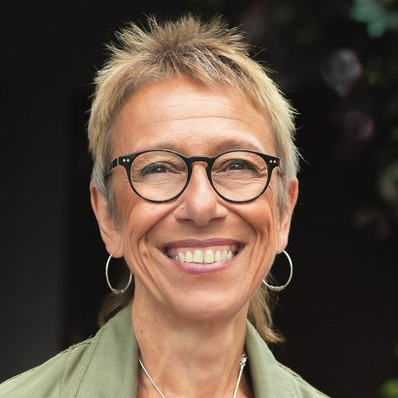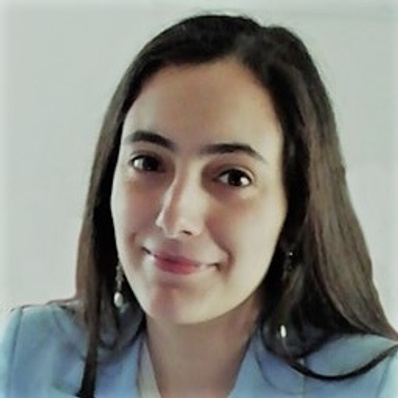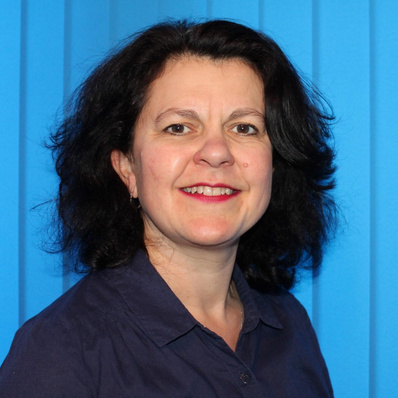ITI MAT Multilingual Theatre and Translation Workshop
On 26 March 2022, MAT teamed up with the London-based theatre company Foreign Affairs – which focuses exclusively on theatre in translation – to hold its first in-person event since 2019. Twelve participants spent the day being put through their paces by co-founders Trine Garrett and Camila França, exploring theatre and language through a fun approach rooted in Foreign Affairs’ collaborative way of working with theatre in translation. The day involved creative and engaging exercises aimed at bringing out individual and collective creativity, unlocking the imagination and promoting confidence.
Read what three participants made of the day in their accounts, previously published in the May-June issue of ITI Bulletin, reproduced here with the kind permission of the authors and the ITI Bulletin editor.
Playing many parts with the MAT Network
‘All the world’s a stage’, said the whiteboard awaiting us in the huge room where we’d be spending the best part of a fabulous day. And the Multilingual Theatre and Translation workshop, organised by the ITI Media, Arts & Tourism Network (MAT Network) and led by Foreign Affairs, began.
After a few brilliant icebreakers, the main facilitator, Trine Garrett, with the expert support of her colleague Camila França, led us – a bunch of translators at various stages of our careers and with different languages and specialities – into a journey of discovery that centred around the complexities of both theatre in translation and multilingual theatre (in translation). Into the mix were thrown things like page versus stage and gesture; we riffed around the importance of knowing your audience, and the temporary, ever-changing nature of a performance, as well as the implications of producing a text (and a translation) that ultimately is a written-to-be-spoken sort of affair. In the second part, when we were also graced with the presence of two professional actors working with Foreign Affairs, we even got to ‘repurpose’ a scene from Ibsen’s A Doll’s House – working in groups, we were tasked with moving the play into a different time and place – while also making it multilingual. Talk about a challenge and a half!






